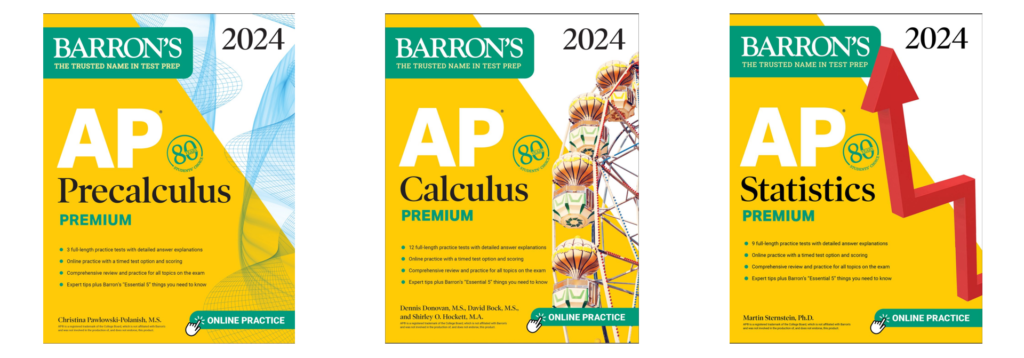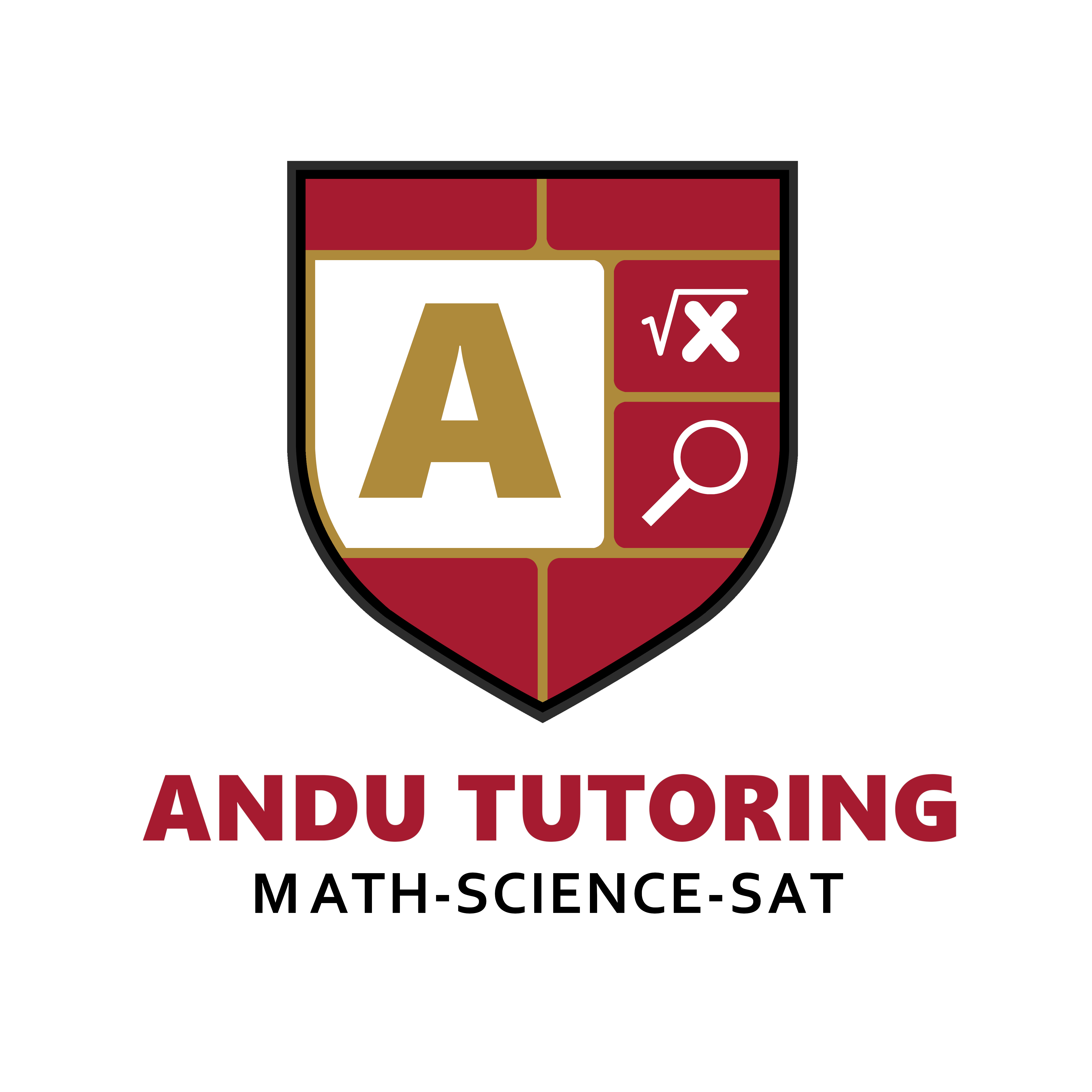
Advanced Placement (AP) Mathematicscourses, offered by the College Board, provide high school students with the opportunity to study college-level mathematics and potentially earn college credit. The primary AP Math courses are AP Calculus AB, AP Calculus BC, and AP Statistics. Here is an overview of each course:
### AP Calculus AB
AP Calculus AB is equivalent to a first-semester college calculus course. It covers the fundamental concepts of calculus, including limits, derivatives, integrals, and the Fundamental Theorem of Calculus.
#### Key Topics:
1. **Limits and Continuity**:
– Understanding limits and their properties
– Calculating limits using algebraic manipulation
– Understanding the concept of continuity and identifying points of discontinuity
2. **Derivatives**:
– Definition and interpretation of the derivative
– Techniques of differentiation (product rule, quotient rule, chain rule)
– Applications of derivatives (motion, optimization, related rates)
– Understanding and using the Mean Value Theorem
3. **Integrals**:
– Understanding antiderivatives and indefinite integrals
– Techniques of integration (substitution, integration by parts)
– Definite integrals and the Fundamental Theorem of Calculus
– Applications of integration (area under a curve, volume of solids of revolution)
4. **Differential Equations**:
– Solving basic differential equations
– Slope fields and Euler’s method
### AP Calculus BC
AP Calculus BC is equivalent to both first and second-semester college calculus courses. It includes all the topics covered in AP Calculus AB, with additional advanced topics.
#### Key Topics:
1. **All Topics from AP Calculus AB**:
– Limits and continuity
– Derivatives and their applications
– Integrals and their applications
– Differential equations
2. **Advanced Integration Techniques**:
– Integration by partial fractions
– Improper integrals
3. **Series**:
– Sequences and series
– Convergence and divergence of series
– Power series and Taylor series
– Radius and interval of convergence
4. **Parametric, Polar, and Vector Functions**:
– Parametric equations and their derivatives
– Polar coordinates and equations
– Vector-valued functions and their derivatives
5. **Additional Topics in Differential Equations**:
– Logistic growth models
– Differential equations in polar form
### AP Statistics
AP Statistics is equivalent to a one-semester introductory college course in statistics. It covers the principles of collecting, analyzing, and drawing conclusions from data.
#### Key Topics:
1. **Exploring Data**:
– Describing patterns and departures from patterns
– Constructing and interpreting graphical displays (histograms, box plots, scatterplots)
– Summarizing distributions of data (mean, median, mode, range, standard deviation)
2. **Sampling and Experimentation**:
– Planning and conducting surveys and experiments
– Understanding sampling methods and potential biases
– Designing experiments and understanding principles of experimental design
3. **Probability and Sampling Distributions**:
– Basic probability concepts and rules
– Discrete and continuous probability distributions
– Normal distribution and the Central Limit Theorem
– Sampling distributions of sample proportions and sample means
4. **Statistical Inference**:
– Estimating population parameters (confidence intervals)
– Hypothesis testing (z-tests, t-tests, chi-square tests)
– Comparing two populations or treatments
– Simple linear regression and correlation
### Exam Format
– **AP Calculus AB and BC**:
– Multiple-choice section: questions testing understanding and application of calculus concepts
– Free-response section: questions requiring detailed written solutions and explanations
– **AP Statistics**:
– Multiple-choice section: questions testing understanding and application of statistical concepts
– Free-response section: questions requiring detailed written solutions, including interpretation of statistical results and experimental design
### Preparation and Skills
Students taking AP Math courses should have a strong foundation in algebra, geometry, and pre-calculus concepts. The courses emphasize not only procedural fluency but also conceptual understanding, problem-solving skills, and the ability to communicate mathematical ideas effectively.
AP Math courses provide an excellent opportunity for students to challenge themselves academically, develop critical thinking skills, and gain a strong foundation in mathematics for further studies and careers in various fields.

